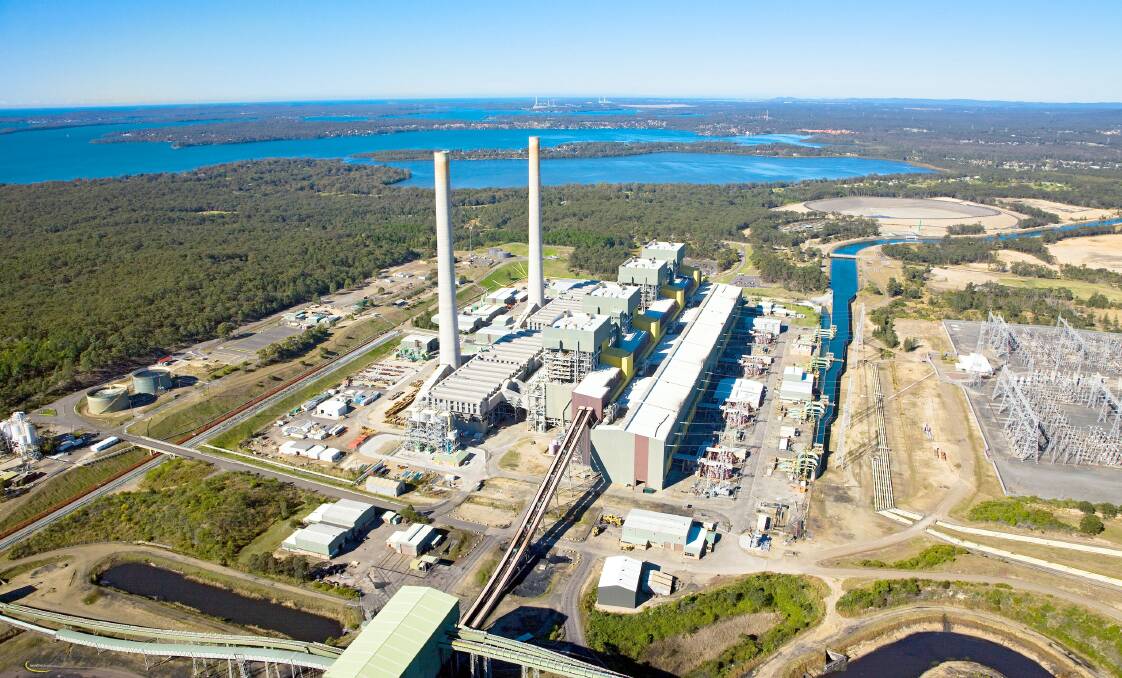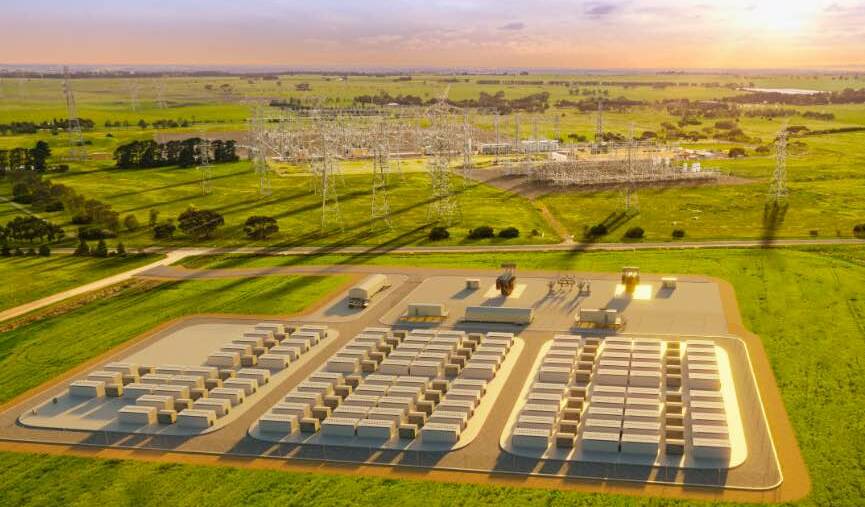
Origin Energy has announced plans to develop Australia's largest battery at Eraring power station in an effort to take pressure off the energy network and provide back-up for renewable energy generation.
Subscribe now for unlimited access.
or signup to continue reading
The 700 megawatt battery will be able to send power into the grid for up to four hours at times when renewables sources are not available.
Origin executive general manager, energy supply and operations, Greg Jarvis, said the project was consistent with the company's decarbonisation goals and recent NSW government energy policy announcements.
"We recognise we have an important role to play in positioning Origin's electricity generation portfolio to support Australia's rapid transition to renewables," he said.
"The deployment of this battery at Eraring will support Origin's orderly transition away from coal-fired generation by 2032, while complementing the policy objectives of the NSW energy roadmap," Mr Jarvis said.
The project, which will need to be signed-off from the Origin board will be developed in three phases. The first phase is expected to be operational by late 2022.

The company has issued an expression of interest for the supply and installation of the battery.
A connection enquiry has also been lodged with NSW transmission network service provider TransGrid to connect the battery to the national grid via the Eraring substation.
AGL announced plans to build a 500 megawatt battery storage system at the Liddell power station in August last year.
The Liddell project is part of a 850 megawatt multi-site integrated battery system AGL will develop by 2024 as part of its commitments to new sources of electricity supply.
AGL chief operating officer, Markus Brokhof said at the time that battery technology had evolved rapidly over the past decade and had reached an investment level that allowed the company to lead the transition to decarbonisation in Australia.
READ MORE:
"Battery storage is critical to enhance the energy system's flexibility and support the ongoing integration of renewable sources to the national energy market" Mr Brokhof said.
"It removes one of the biggest limiting factors of renewables, by providing electricity anytime but particularly during peak demand.
Research leader at the battery storage and grid integration program at the ANU College of engineering and computer science Bjorn Sturmberg said the battery investments would help future-proof energy jobs in local communities.
"Locating the batteries at aging coal plants is very strategic, as it utilises their expensive transmission connections at crucial parts of the grid," he said.
"The announcements signals a significant shift in the energy market where flexibility, from batteries, is more valuable than inflexible baseload generation, from coal generators. This shift in value will become ever more pronounced as we connect more renewables.
"The announcements also reveal a subtle advantage of batteries (and renewables) investments: they can be scaled in many arbitrary sized stages.
"This smooths the investment profile for optimised returns at each stage and benefits consumers by avoiding the price volatility experienced when large generators exit abruptly."
The investments by Origin and AGL represent a key plank of the NSW government's recently unveiled energy roadmap that aims to attract $32 billion in private investment over the next decade focused on 12 gigawatts of renewable generation and two gigawatts of long duration storage.
However, there is no guarantee the investments will be enough to convince the federal government to scrap plans to build a gas-fired power plant at Kurri Kurri.
The $500million project, proposed for the former Kurri Kurri aluminum smelter site, was declared as Critical State Significant Infrastructure in late December.
READ MORE:
Prime Minister Scott Morrison, who announced the project last September, has set a deadline of April for energy companies to show they can offset the coal-fired capacity that will be lost through the closure of power stations.
"The Commonwealth government would prefer not to step in. That is not our Plan A. But nor will we shy away from taking action to protect consumers and support jobs, including here in this region and so many like it," Mr Morrison said at the launch of the federal government's gas-recovery plan last year.
READ MORE:


